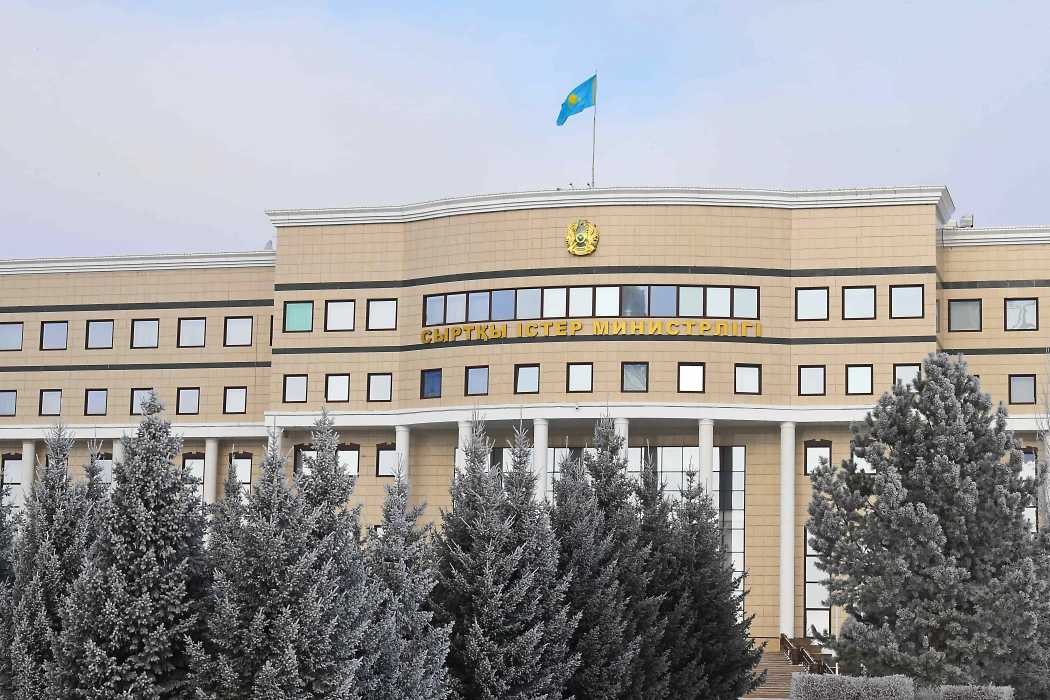NUR-SULTAN – Kazakhstan introduced legislative changes to support investors. Starting this year, investors can conclude an investment agreement with the government without parliamentary ratification, said the Kazakh Foreign Ministry in a statement. The amendments were made to Kazakhstan’s business and tax code.

Kazakh Foreign Ministry is part of the three-level mechanism the country created to oversee the investment activity. Photo credit: gov.kz
The investment agreement encompasses large projects with a volume of investments of at least $51 million in strategically important sectors such as pharmaceuticals, agriculture, food production, and the production of medical devices, among others. Unlike the existing investment contract, large investors will be able to negotiate terms directly with the government for each project.
The government outlined priority areas for investment contracts.
If the project is implemented in a special economic zone, investors will be exempted from corporate income tax, property tax, land tax, and value-added tax. There are 13 such zones in Kazakhstan that offer preferential terms meant to facilitate investment activity.
Investors will also be able to reduce tax liabilities of up to 20 percent. The state will reimburse up to 20 percent of the construction costs and the purchase of equipment. Subsoil users and producers of excisable goods are not eligible for tax preferences.
The change is in line with the instruction put forward by Kazakh President Kassym-Jomart Tokayev to provide greater support to investors and introduce a strategic investment agreement mechanism in his state-of-the-nation address in September 2020.
“The President announced the introduction of a new instrument – investment agreements with strategic investors, which will cement the agreements between the state and the investor. These measures amount to investment preferences, concessional financing, partial guarantees, export support mechanisms, reimbursement by offset against tax liabilities as well as guaranteed procurement by the state, quasi-state sectors, and subsoil users,” said Kazakhstan’s Deputy Minister of Foreign Affairs Almas Aidarov in an interview to The Astana Times in October 2020.
